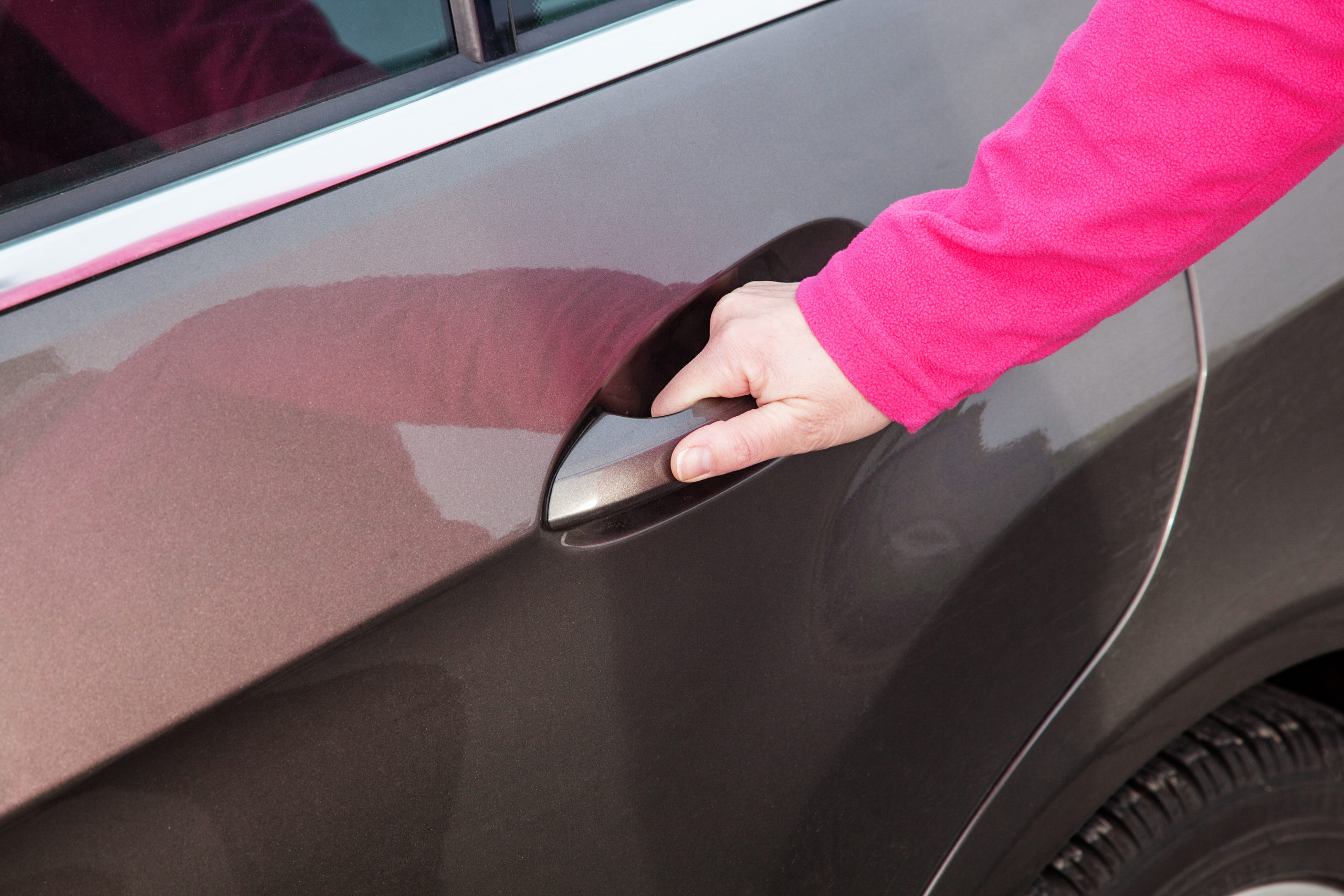There is no denying that getting behind the wheel while intoxicated can cause tremendous damage; not only for the driver, but for those around them. That’s why many law enforcement officials have sanctioned special devices in the cars of convicted DUI offenders that force them to take breathalyzers before being able to properly turn on the ignition. But now new technology may make that feature available in all vehicles, potentially preventing a tragedy before it occurs.
According to a recent headline in The Washington Post, government-funded researchers are working on ways to equip modern cars with special ignition interlocks. The goal would be to get an easy check on a person’s blood alcohol level, prohibiting them from driving if they are beyond the legal limit.
The device they are close to finalizing is called the Driver Alcohol Detection System for Safety (also known as the DADSS). Interestingly, the DADDS would potentially measure a person’s blood alcohol level in two unique ways. One would be touch based and the other would be breath based. Both would utilize cutting-edge technology to make the process simple and effective.
Automotive Coalition for Traffic Safety spokesman Robert Strassburger has been closely involved in the DADDS project and believes the technology is quite revolutionary, particularly when it comes to the finger touch.
“If you’ve ever been to the doctor or the hospital and they clip that thing on the end of your finger that measures your pulse and the oxygen content of your blood, that’s a similar kind of concept,” he explained. “We’re looking below the surface of the skin at your capillary bed and measuring how much alcohol is in your blood that way.”
He also praised the breathalyzer component, emphasizing that it will be much easier to use than the ignition interlocks currently in place for convicted DUI drivers. The new tech will also reportedly greatly increase the accuracy of the results.
The one area that may still need some refinement is taking individuals’ weight and gender into account. The fact of the matter is, drivers come in all shapes and sizes, absorbing alcohol at different rates. Finding a method that can properly detect drunkenness for everybody can be difficult.
But Strassburger claims that the DADDS team is very close to finding a solution. And when all is said and done, the new automotive features could potentially save more than 10,000 lives a year.

Woman opens car door






